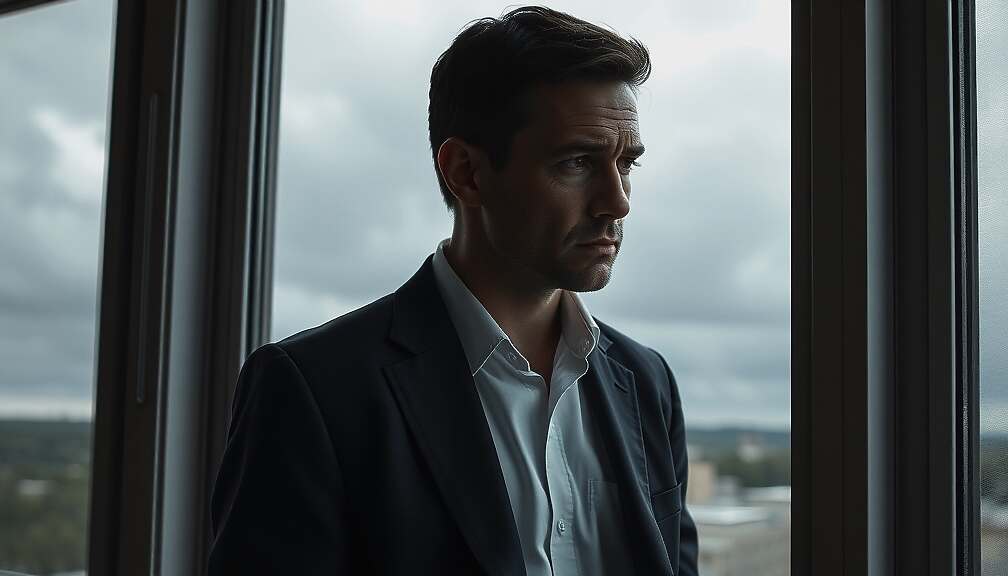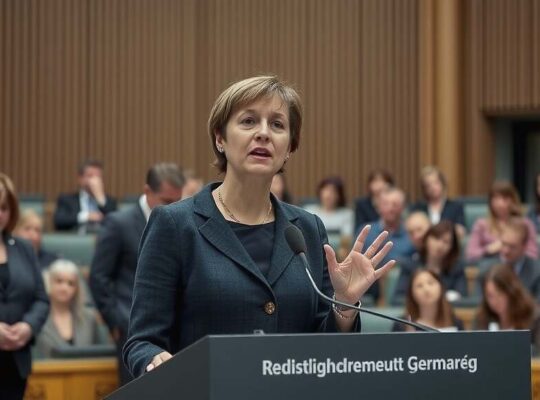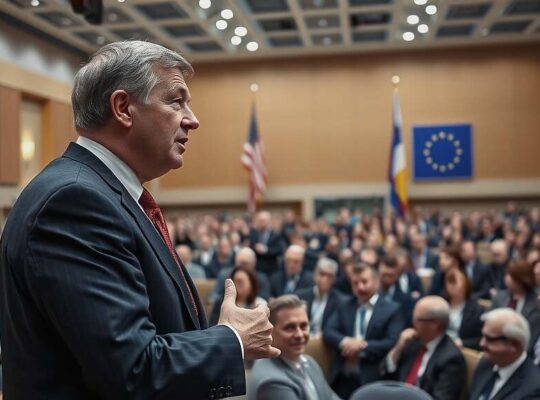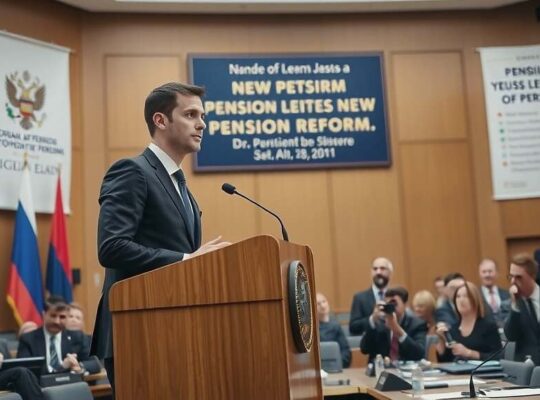Recent incidents involving suspected Russian drones operating near NATO member states have prompted a call for measured responses, according to German Foreign Minister Johann Wadephul. Addressing concerns raised by the events, Wadephul cautioned against overreactions that could inadvertently serve Moscow’s objectives.
He emphasized that Russia’s intention is likely to sow discord and destabilize the region and that a calm and collected approach represents the most effective countermeasure. Wadephul stated that NATO’s actions thus far have been appropriate and that escalation would be a misstep.
The minister highlighted Russia’s strategy of attempting to deflect blame and manipulate perceptions. He noted that Moscow is currently probing the resolve of Western nations, testing the limits of acceptable action. While acknowledging these intrusions represent infringements upon national sovereignty necessitating a response, Wadephul stressed the importance of strengthening air defense capabilities – technologically and legally – to deter further provocations.
Regarding potential adjustments to the German military’s authority to engage and neutralize drones, Wadephul suggested the responsibility could rest with local law enforcement agencies rather than exclusively with the Bundeswehr. He underscored the need for clarity regarding the legal framework, technical capabilities and operational responsibilities involved in such situations.
Wadephul also advocated for a level-headed perspective regarding warnings of a potential imminent Russian attack. While acknowledging President Zelenskyy’s statements concerning a possible Russian expansion of its military operations into another European nation while the conflict in Ukraine continues, Wadephul suggested such an attack is more likely to occur towards the end of the decade. He reassured the public that there is currently no reason for alarm and that Germany’s intelligence services are continually monitoring Russian military activity.
Finally, Wadephul indicated he does not anticipate a near-term meeting with Russian Foreign Minister Sergei Lavrov, citing an absence of scope for a productive dialogue. He characterized Lavrov’s recent address to the United Nations General Assembly as a deliberate attempt to distort historical narratives.












